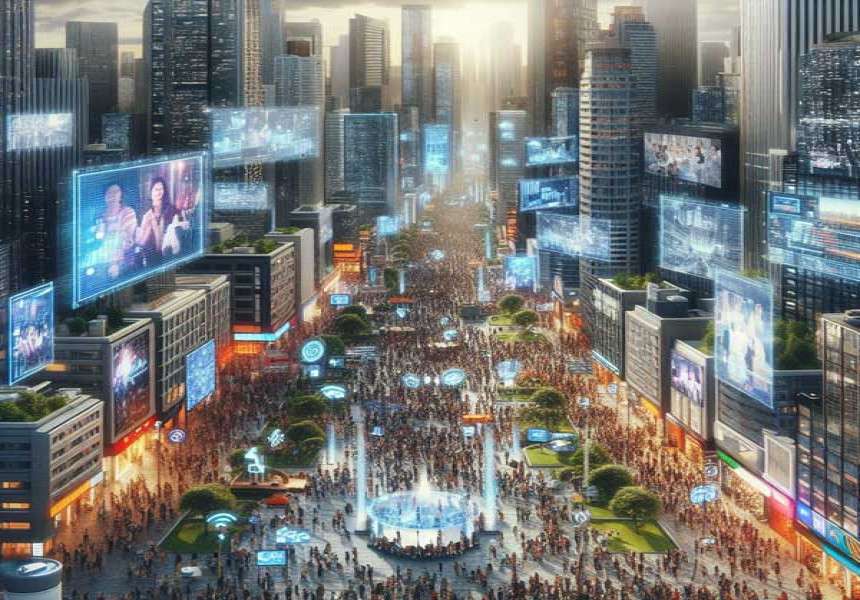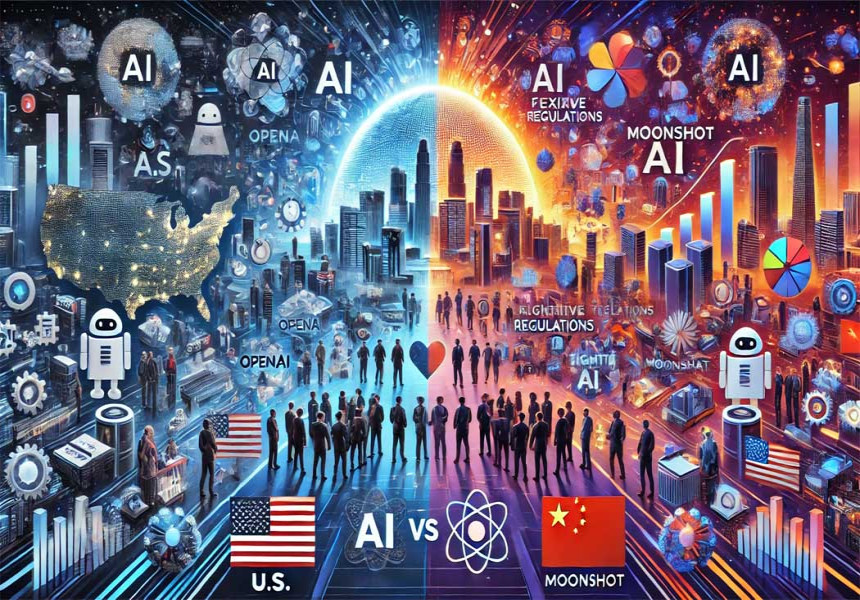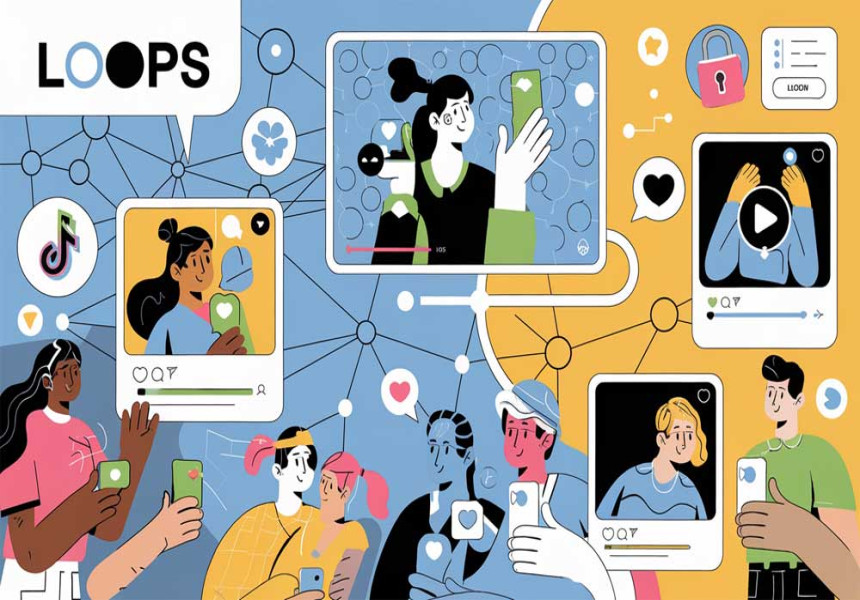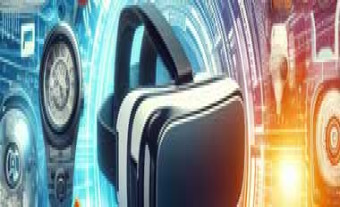Navigating the Present and Charting the Future: Smart Cities
In the dynamic landscape of urban development, the concept of smart cities has emerged as a beacon of innovation, promising to revolutionize the way we live, work, and interact with our urban environments. From advanced technological infrastructure to data-driven decision-making processes, smart cities are reshaping the urban experience in profound ways. In this article, we explore the present state of smart cities and envision the possibilities for the future.
The Present State of Smart Cities:
Smart cities leverage cutting-edge technologies to enhance efficiency, sustainability, and quality of life for residents. Across the globe, cities are deploying a range of smart initiatives to address pressing urban challenges and improve the overall urban experience. These initiatives encompass various domains, including:
Smart Mobility: From intelligent transportation systems and real-time traffic management to the proliferation of electric vehicles and bike-sharing programs, smart cities are revolutionizing the way people move within urban areas.
Sustainable Infrastructure: Smart cities prioritize sustainability by implementing energy-efficient buildings, renewable energy sources, and smart grids to reduce environmental impact and promote resilience in the face of climate change.
Digital Governance: Through the use of data analytics, IoT sensors, and AI-driven platforms, smart cities are streamlining governance processes, enhancing public services, and fostering citizen engagement and participation.
Urban Planning and Development: By harnessing spatial data, GIS technologies, and urban modeling tools, smart cities are optimizing land use, improving urban design, and creating more livable, inclusive, and equitable urban environments.
Smart Healthcare and Education: Smart cities are leveraging technology to improve access to healthcare services, facilitate remote learning, and enhance educational outcomes for residents, thereby fostering healthier and more educated communities.
Envisioning the Future of Smart Cities:
Looking ahead, the future of smart cities holds immense promise for further innovation and transformation. Here are some key trends and developments that are likely to shape the future of smart cities:
AI and Predictive Analytics: Advances in artificial intelligence and predictive analytics will enable smart cities to anticipate and respond to urban challenges more proactively, from optimizing traffic flow to predicting and mitigating the impact of natural disasters.
Internet of Things (IoT) Integration: The proliferation of IoT devices and sensors will enable seamless connectivity and data exchange across urban infrastructure, facilitating real-time monitoring and optimization of city services and systems.
5G and Connectivity: The rollout of 5G networks will unlock new possibilities for high-speed connectivity, enabling the proliferation of smart devices, autonomous vehicles, and immersive digital experiences within urban environments.
Circular Economy and Resource Efficiency: Smart cities will embrace circular economy principles to minimize waste, maximize resource efficiency, and create more sustainable and resilient urban ecosystems.
Citizen-Centric Design: Future smart cities will prioritize citizen-centric design and co-creation processes, engaging residents as active participants in the planning, design, and governance of urban spaces.
Conclusion:
As we stand at the cusp of a new era in urban development, smart cities represent a transformative vision for the future of urban living. By harnessing the power of technology, data, and innovation, smart cities hold the potential to create more sustainable, inclusive, and resilient urban environments for generations to come.
As we navigate the present and chart the course for the future, let us embrace the possibilities of smart cities and work together to build a better, smarter tomorrow.








